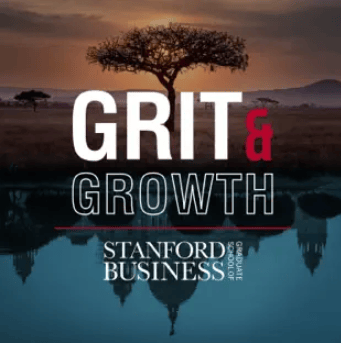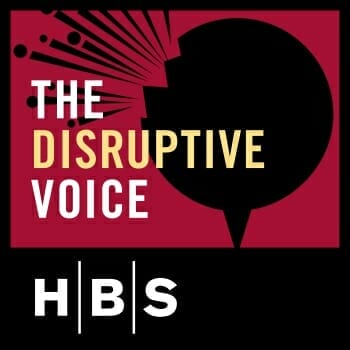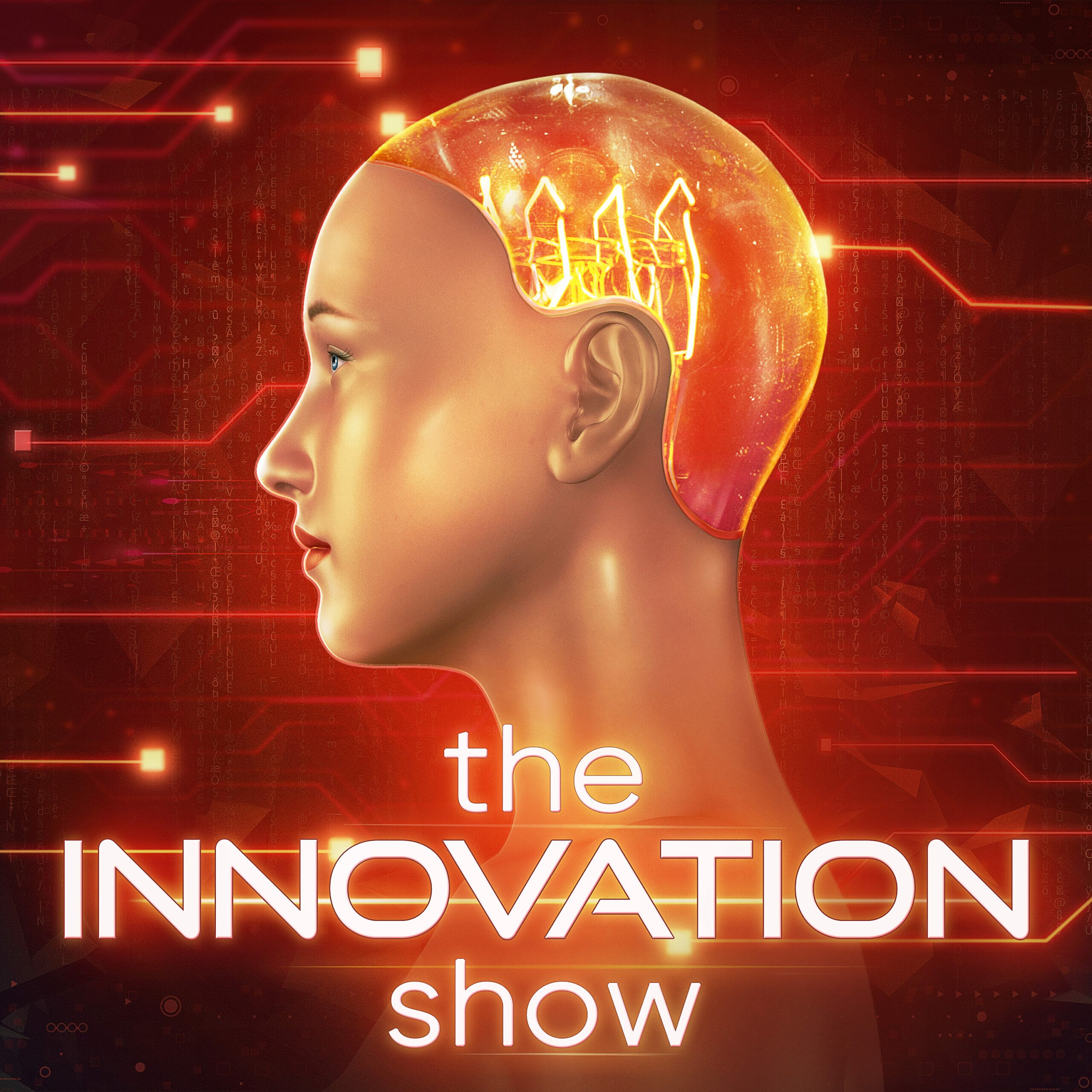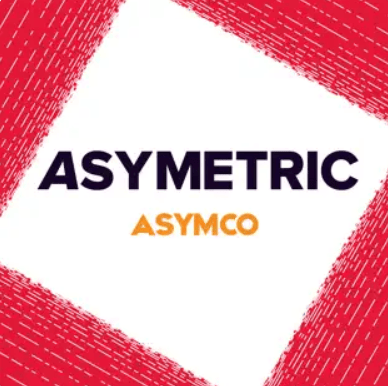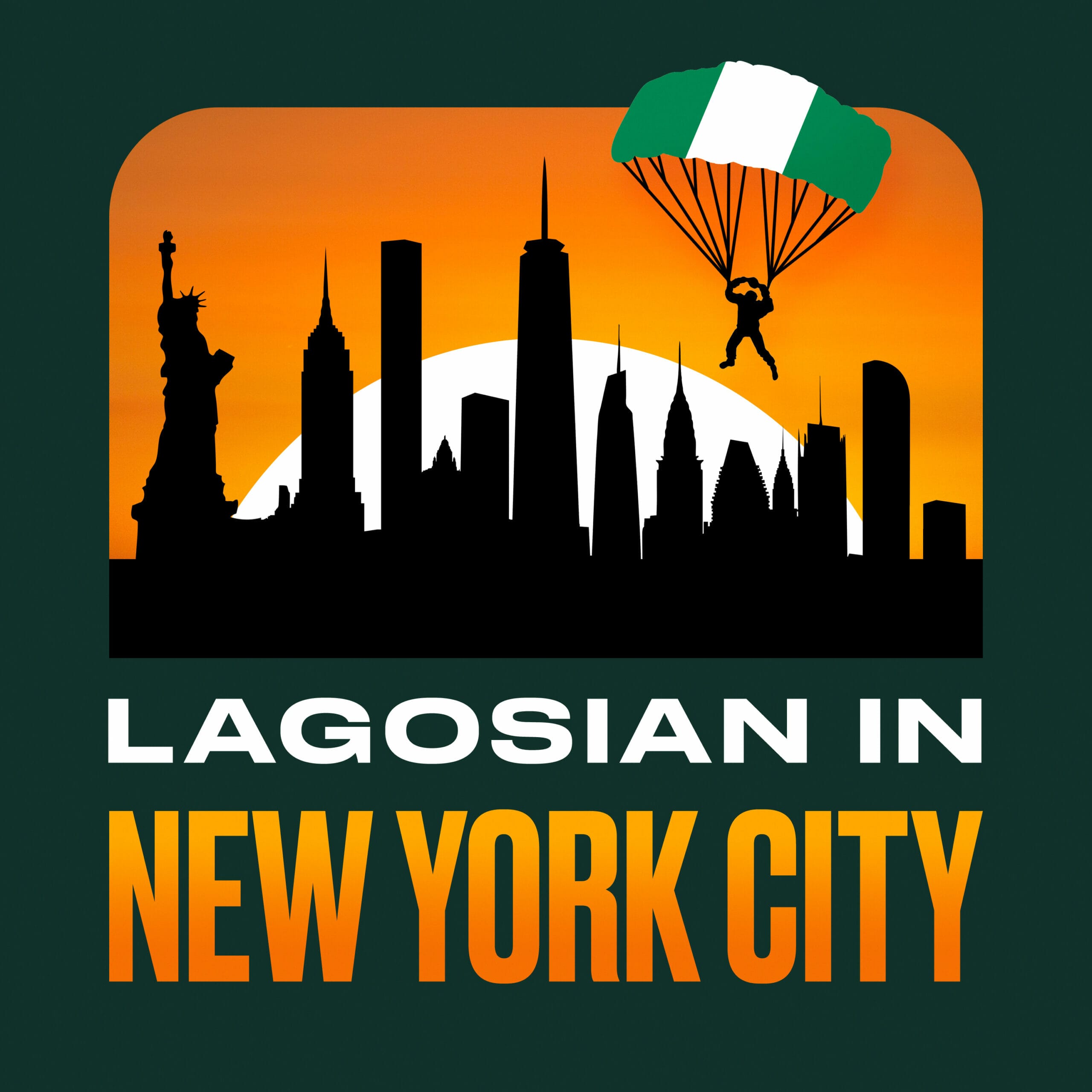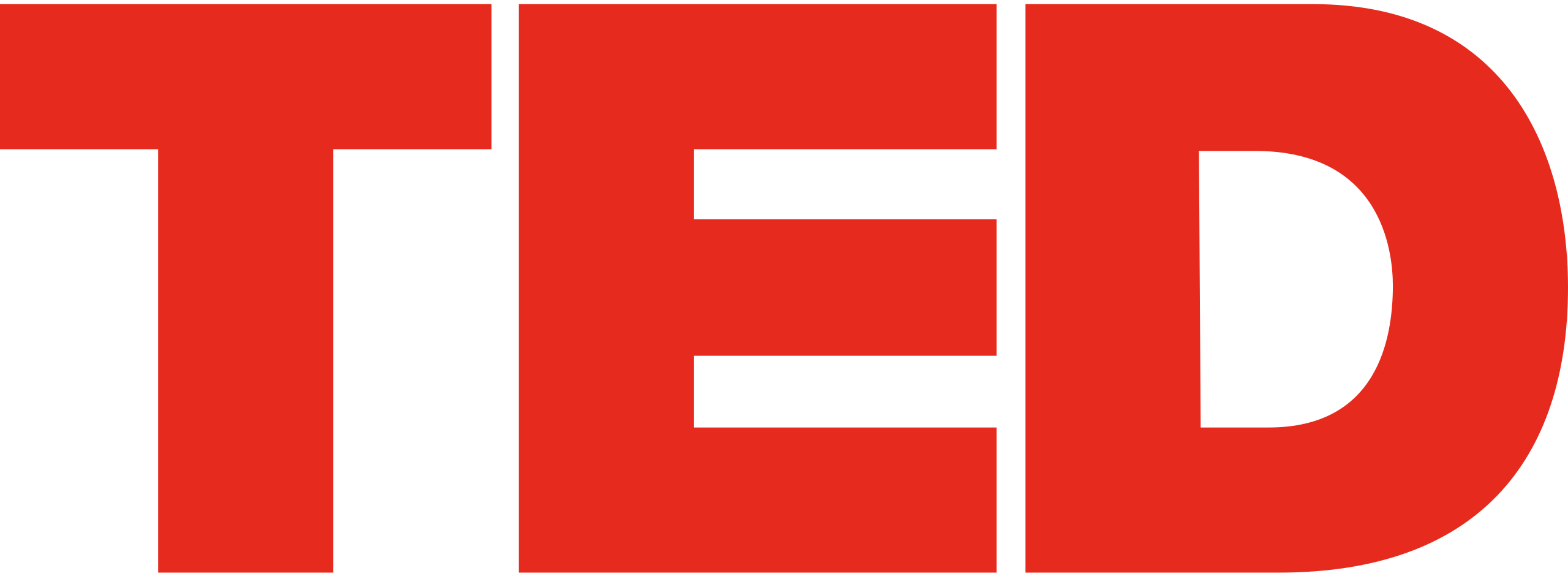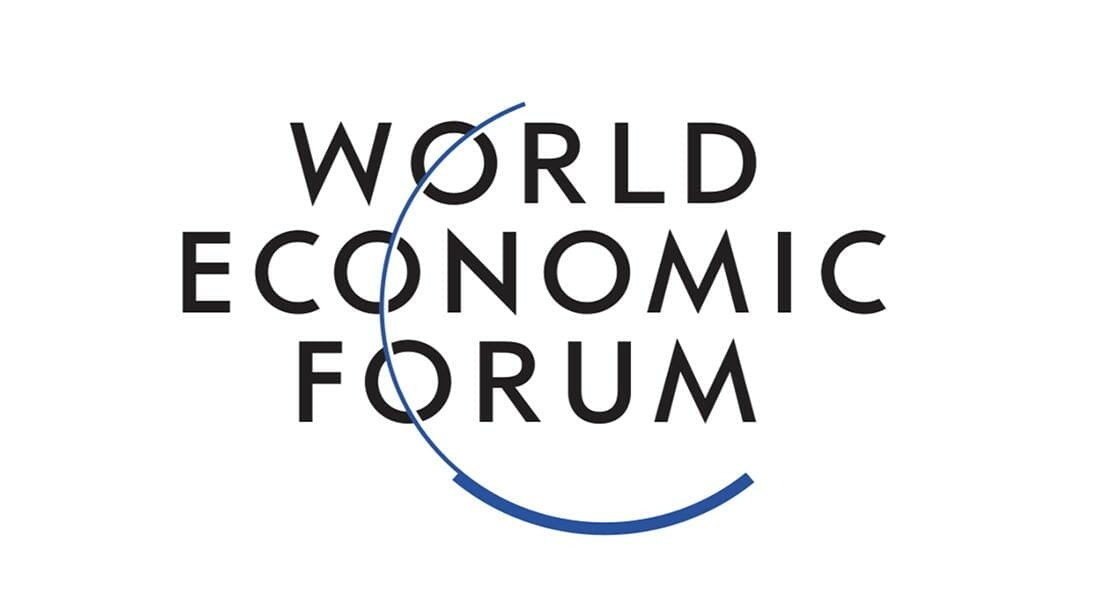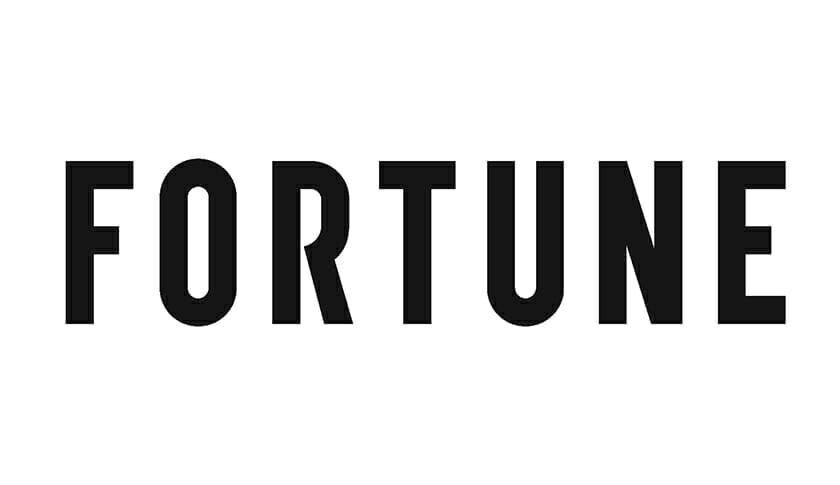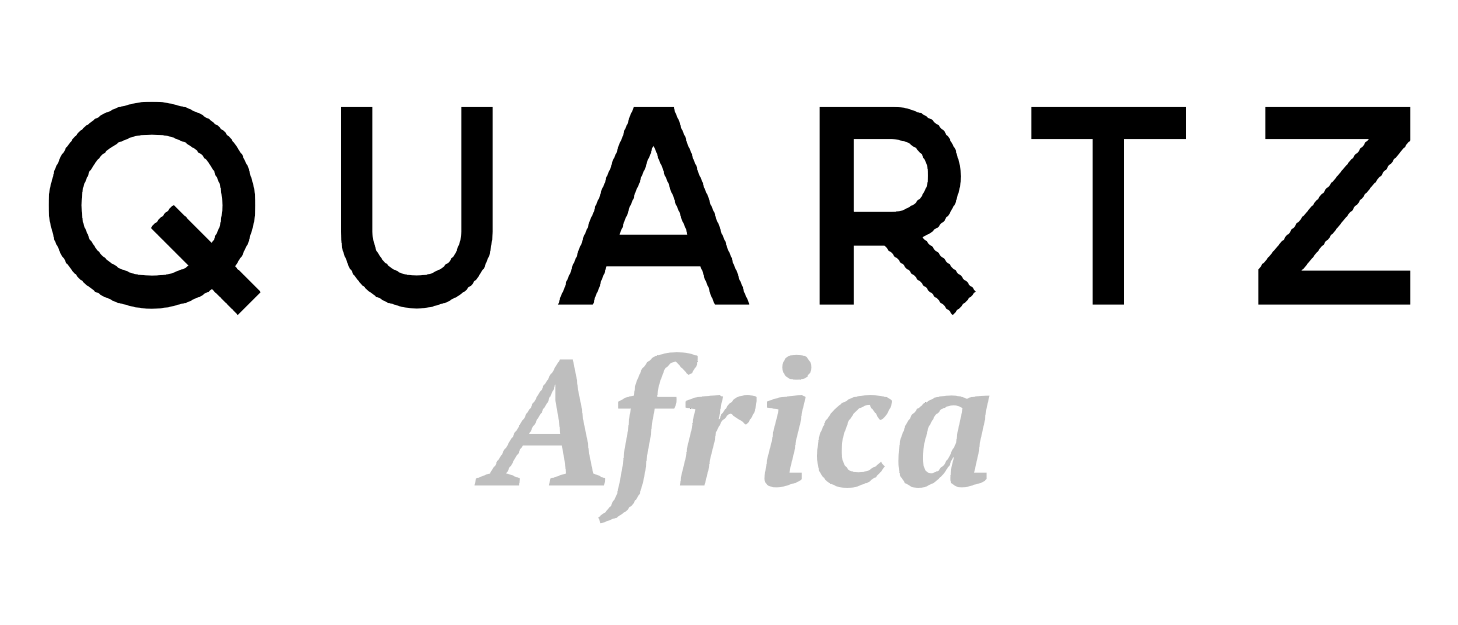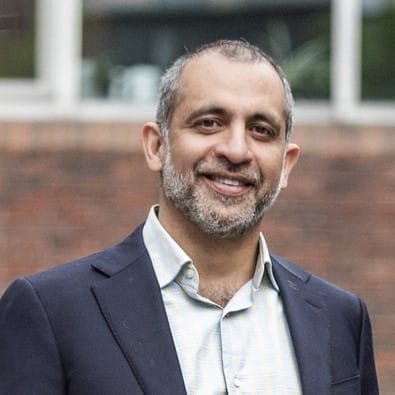Videos
Learn More About Efosa Ojomo
How can business tap into unrealized sources of growth and prosperity – all while making the world a better place? Efosa Ojomo, renowned innovation and development expert, says that innovation and entrepreneurs are not just part of the answer. They are the answer.
Through his eye-opening keynotes and advisory work, Ojomo equips businesses, entrepreneurs, investors, NGOs and policymakers with a new framework for understanding and addressing the issue of how to create prosperity in emerging markets. And for the companies that embrace this perspective, the opportunities are infinite.
The director of Global Prosperity at the Christensen Institute named to the Thinkers50 Radar Class of 2020, Ojomo collaborated with the late Clayton Christensen to formulate a new theory of economic development. At the heart of this new perspective is the transformative power of market-creating innovations. By understanding the many “jobs” that arise in consumers’ lives, entrepreneurs and organizations can better develop innovations that consumers can hire to help them accomplish these jobs. As seen in his exceptional TED talk, which has more than 2 million views and has been translated into 17 languages, these innovations generate new markets where none previously existed. In the process, they have the potential to uplift entire populations in the form of new jobs, external investment and individual empowerment. Putting research into practice, the Christensen Institute, in collaboration with the MIT Legatum Center, will launch a market creating innovation bootcamp, an eight-session curriculum designed to empower emerging market innovators with principles and frameworks necessary to create new markets that make products affordable.
In their groundbreaking book, “The Prosperity Paradox: How Innovation Can Lift Nations Out of Poverty” (Harper Business, January 2019), Ojomo, the late Clayton Christensen and Karen Dillon reveal actionable solutions to growing sustainable economies. “The Prosperity Paradox” expertly offers cases of successful market-creating innovations, including the Ford Model T, which made cars accessible to ordinary Americans, and Tolaram instant noodles, an inexpensive, convenient food made available to millions of Nigerians, rich and poor. Essentially, what Nigeria and other low- and middle-income countries need (and what America needed when it was still a poor country) is not for well-meaning charities and NGOs to “push” resources into its communities but for innovations to “pull” those resources in. “The Prosperity Paradox” was awarded an Axiom Business Book Awards “Gold Medal” in the category of Business Ethics for 2019, in addition to numerous other positive reviews in popular, business and academic media. Drawing on the acclaimed book, Ojomo provides organizations with a clear framework for spotting and capitalizing on nonconsumption while generating massive gains for the company and the people who live in those regions.
Ojomo’s commitment to shifting the conversation on international development, from providing resources to developing innovations, is deeply personal, and is rooted in his own previous endeavors. Ojomo, who came to the U.S. from Nigeria to attend college, worked as an engineer and in business development for National Instruments for eight years following graduation. Having grown up amid poverty, he soon realized his purpose was much larger than himself. Inspired by a young Ethiopian girl’s story of debilitating poverty, Ojomo started the nonprofit Poverty Stops Here. He soon realized that while charities and non-profits can do incredible work helping vulnerable people, many generally failed to significantly improve people’s lives at scale. At this point he decided to go back to school to get the education he needed to fulfill his goals. He applied and was accepted to the Harvard Business School in 2013, and it was there that he met his future mentor and co-author, the late Clayton Christensen. After graduating with his MBA in 2015 and working as a research fellow with Christensen, Ojomo joined the Christensen Institute, where he aimed to apply theories of innovation that had revolutionized the business world to the task of solving the economic development puzzle. Ojomo leverages his personal history as a powerful complement to his meticulous research, and he currently serves on an investment committee of a $40 million fund focused on investing in market-creating innovations across Africa. A zealous learner and passionate teacher, he is as inspirational as he is informative.
Ojomo graduated with honors from Vanderbilt University with a degree in computer engineering. He earned his MBA from Harvard Business School, where he worked as a researcher under the late Professor Christensen at the Forum for Growth and Innovation. He is currently an adjunct professor at the Kellogg School of Management at Northwestern University where he teaches the Entrepreneurship and Market Creation in Emerging Markets course.
Efosa Ojomo is available to advise your organization via virtual and in-person consulting meetings, interactive workshops and customized keynotes through the exclusive representation of Stern Speakers & Advisors, a division of Stern Strategy Group®.
Global Economic Recovery: How Market Creating Innovations Can Stimulate Growth During a Crisis – and Beyond
What is innovation’s role in lifting nations out of poverty and placing them firmly on a path toward prosperity – even in the face of a global crisis? How can entrepreneurs, investors, development experts, policy makers, and government officials focus on the type of innovations that can create lasting growth and prosperity for companies and nations? Efosa Ojomo explains the critical role of innovation in not only helping nations escape poverty, but also in creating prosperity – especially during uncertain times. Every year, hundreds of billions of dollars are spent on development projects, commissioned by some of the smartest and most passionate development professionals with years of experience. But somehow, progress is not as rapid and sustainable as many would like. Using theories and models developed by the late Professor Clayton Christensen and his team, Ojomo explains this prosperity paradox. Instead of trying to address visible signs of poverty by pushing resources onto poor countries, says Ojomo, businesses and entrepreneurs must pull resources in through new innovations that create markets of consumers where none previously existed. Drawing from the acclaimed book he co-authored, “The Prosperity Paradox: How Innovation Can Lift Nations Out of Poverty” (Harper Business, January 2019), Ojomo shows how crises stimulate the kind of groundbreaking innovation and experimentation that generates new markets and creates prosperity for all stakeholders.
Disruptive Innovation in Emerging Markets
Drawing from his path-breaking research with the late Harvard Business School Professor Clayton Christensen, Efosa Ojomo reveals how entrepreneurs, multinational corporations, and investors can target disruptive innovations in emerging market. In so doing, these disruptive innovations will not only generate immense growth for companies, but they also lay the foundation for sustainable and long-term economic development of countries. As Ojomo explains, innovation isn’t simply something that happens on the fringes of society after society “fixes” itself, that is, after society builds its infrastructures and develops its courts, legislatures, financial markets, etc. Instead, innovation is the process by which society develops itself. It is precisely through disruptive innovations that create, or connect to, new markets that societies can create jobs, pay taxes, and build their infrastructures and institutions. Ojomo provides unique insights as to how firms can successfully invest in and manage disruptive innovations in emerging markets. He also provides frameworks for policy makers as to how they can adopt principles and theories of innovation in order to spur the development of their economies.
Understanding Innovation: Not All Innovations Are Created Equal
While the word “innovation” has become popular and is now seen as good for society, the word has also taken on many different meanings. In Efosa Ojomo’s talks, he rescues the word from its overuse and provides a simple framework that helps managers, policy makers, and organizations understand both the meaning and the different types of innovation. According to his research with the late Professor Christensen, there are three types of innovation, and although all are important for an economy to flourish, each has a vastly different impact on society. The three types of innovations are: market-creating (disruptive), sustaining, and efficiency. In his informative talks, Ojomo breaks down the major differences among these types of innovation, provides examples, and shows how firms can target market-creating innovations for growth. Research by the late Harvard Business School Professor Clayton Christensen and Efosa Ojomo – crystallized in their groundbreaking book “The Prosperity Paradox ” – reveals that the key to success is targeting non-consumption through market-creating innovations. By doing so, firms can develop highly profitable business models in emerging markets. Drawing on countless case studies, Ojomo shares frameworks for both spotting non-consumption and for building a business model that is laser-focused on going after the non-consumers.
To End Poverty, Cultivate Innovation (Audio)
May 24, 2021
Want to Foster Prosperity? Focus on Market-Creating Innovation
February 14, 2019
Innovation is the Answer
January 7, 2019
10 Business Books You Need to Read in 2019
January 2, 2019

Leveraging Market-Creating Innovations to Solve Brazil’s Education Paradox
(Christensen Institute, July 2022)

Making Your Own Luck in Emerging Economies: Six Innovative Strategies For Creating New Markets
(Christensen Institute, April 2021)

Avoiding the Prosperity Paradox: How to Build Economic Resilience in a Post-COVID World
(Christensen Institute, July 2020)
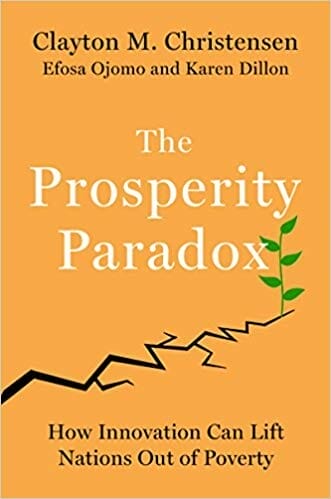
The Prosperity Paradox: How Innovation Can Lift Nations Out of Poverty
(HarperBusiness, January 2019)
Praise for “The Prosperity Paradox”
“Christensen, Ojomo and Dillon provide an original view on how to combat global poverty in their insightful book, ‘The Prosperity Paradox.’ It’s an inspiring read on why innovation is one of the most powerful tools we have to help the millions around the world living in poverty.”
“The Prosperity Paradox by Clayton Christensen, Efosa Ojomo and Karen Dillon is a timely must-read on the mindset change that turns poverty into opportunity and enables the creation of sustainable prosperity. As World Bank Treasurer, I saw first-hand how the innovative approaches described in this compelling easy to read primer empowers development practitioners and businesses to seek out these profitable opportunities.”
“I can’t recommend this book highly enough. Christensen, Ojomo, and Dillon deeply understand both the challenges and opportunities of innovating in unexpected places – and the satisfaction of creating a market that enables prosperity to thrive.”
“The Prosperity Paradox will fundamentally change the conversation about the role of philanthropy in development. As Christensen, Ojomo, and Dillon capture perfectly, to tackle truly important problems, we need to reset our current thinking. Market-creating innovation needs to play a critical role in enabling a path out of poverty through market-driven solutions. Most foundations do not exercise the power they have to provide catalytic capital to engage in high-risk ventures that may unlock sustainable replicable and scalable game-changing solutions.”
“Clayton Christensen’s latest book The Prosperity Paradox is a must-read. Powerful, persuasive, and wonderfully written, Christensen and his coauthors make a compelling case for the game-changing role of innovation in some of the world’s most desperate economies.”
“The Prosperity Paradox has the power to transform our thinking about philanthropy and social good. As we continue to grapple with how to lift people out of poverty, Clay Christensen, Efosa Ojomo and Karen Dillon provide a new and innovative solution for millions of people around the world. It’s a must-read for anyone with an interest in global affairs who wants to create a truly thriving society.”
“The Prosperity Paradox perfectly illustrates the need for investment and support for local innovators. Christensen, Ojomo and Dillon show how real entrepreneurs have created booming businesses in low- and middle-income countries, while generating economic growth. This book is necessary for any entrepreneur who wants to create positive and lasting change, and for any government official or investor who wants a better way to spur global development.”
“The Prosperity Paradox is a manifesto and a call to action for those who recognize that our survival depends on creating opportunity. This book will help innovators be more compassionate. And the compassionate be more innovative.”
“Prosperity Paradox is the most important business/management book since Peter Drucker. It will dramatically change all initiatives on development and well beyond–starting with venture capital and entrepreneurship. It is a must-read for anyone who cares about sustainable economic development.”















